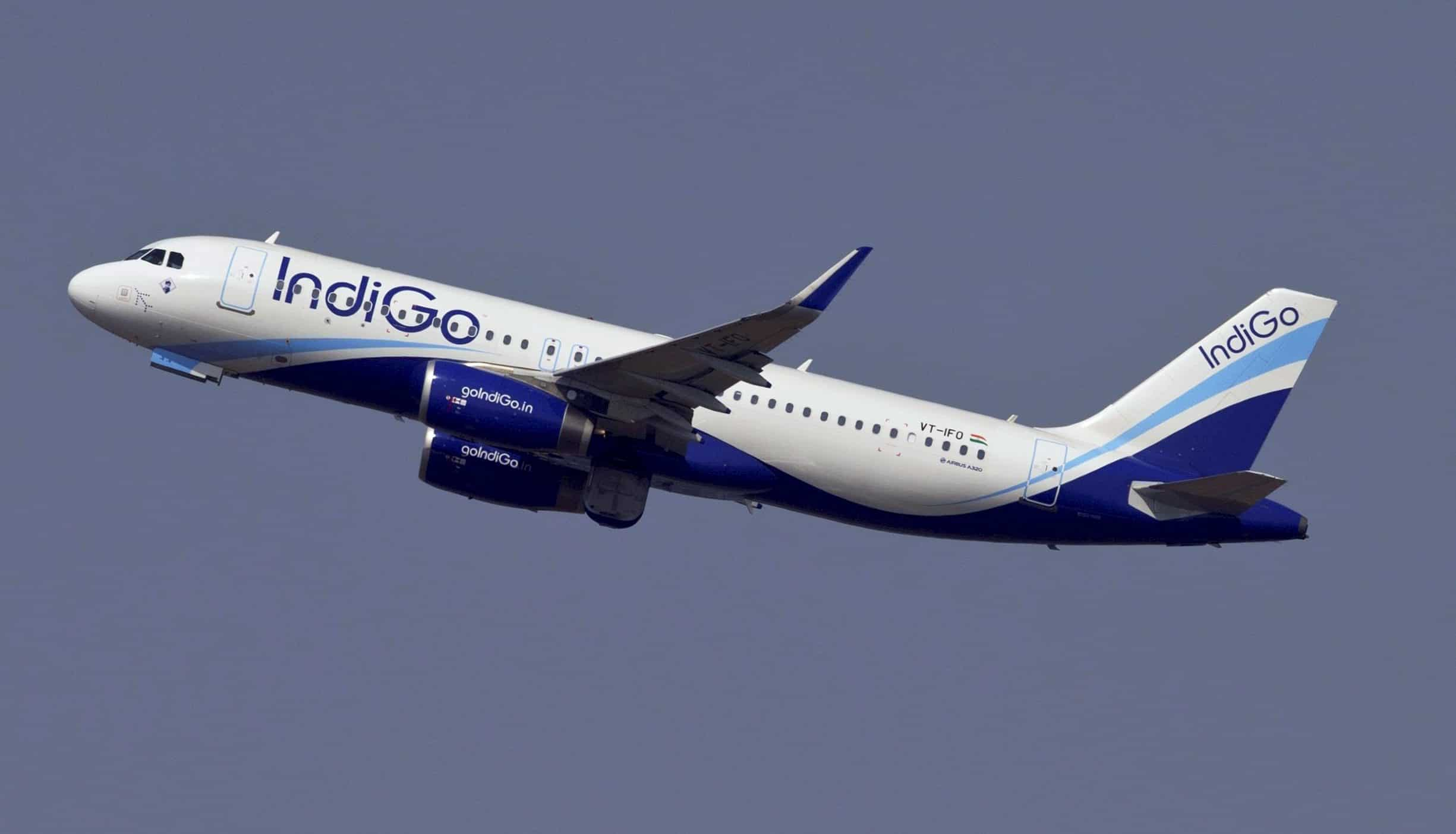Amid longer international flight times caused by Pakistan’s airspace closure for Indian carriers, the Directorate General of Civil Aviation (DGCA) on Saturday issued an advisory asking airlines to step up communication and in-flight services for passengers.
With Pakistan closing its skies, several international flights — especially those from north Indian cities like Delhi — are now taking longer routes and even making technical stops along the way. To manage this, the DGCA has rolled out a set of passenger-handling measures focused on transparency, comfort, and safety.
The advisory highlights five key areas: keeping passengers informed before flights, improving in-flight catering and comfort, strengthening medical readiness and support at alternate airports, boosting customer service teams, and ensuring smooth coordination across departments.
The aviation regulator pointed out that airspace restrictions have led to major rerouting of flights, longer block times, and the possibility of technical halts for operational or refuelling needs.
Here’s what airlines have been told to do:
-
Pre-flight communication: Passengers must be clearly informed about route changes, longer travel times, and any technical stops — where they’ll usually remain onboard. Airlines must communicate this at check-in counters, boarding gates, and through SMS or email alerts where possible.
-
In-flight catering and comfort: With flying hours increasing, airlines must update catering plans to offer enough meals, drinks, dry snacks, and special meals based on passenger requests.
-
Medical preparedness and alternate aerodromes: Airlines need to ensure medical kits are well-stocked and emergency support, including ambulances, is available at alternate airports. Cabin crew should be ready to manage passenger fatigue or any medical issues.
-
Customer service readiness: Airlines must prep their call centres and support teams to handle delays, missed connections, and provide help or compensation in line with regulatory rules.
-
Intra-departmental coordination: Flight dispatch, commercial teams, ground handlers, in-flight services, and medical vendors must work together smoothly to minimise disruptions.
The DGCA has made it clear that ignoring these guidelines — or causing inconvenience to passengers — could attract strict action under the Civil Aviation Requirements (CAR) rules.
Anurag Dhole is a seasoned journalist and content writer with a passion for delivering timely, accurate, and engaging stories. With over 8 years of experience in digital media, she covers a wide range of topics—from breaking news and politics to business insights and cultural trends. Jane's writing style blends clarity with depth, aiming to inform and inspire readers in a fast-paced media landscape. When she’s not chasing stories, she’s likely reading investigative features or exploring local cafés for her next writing spot.






